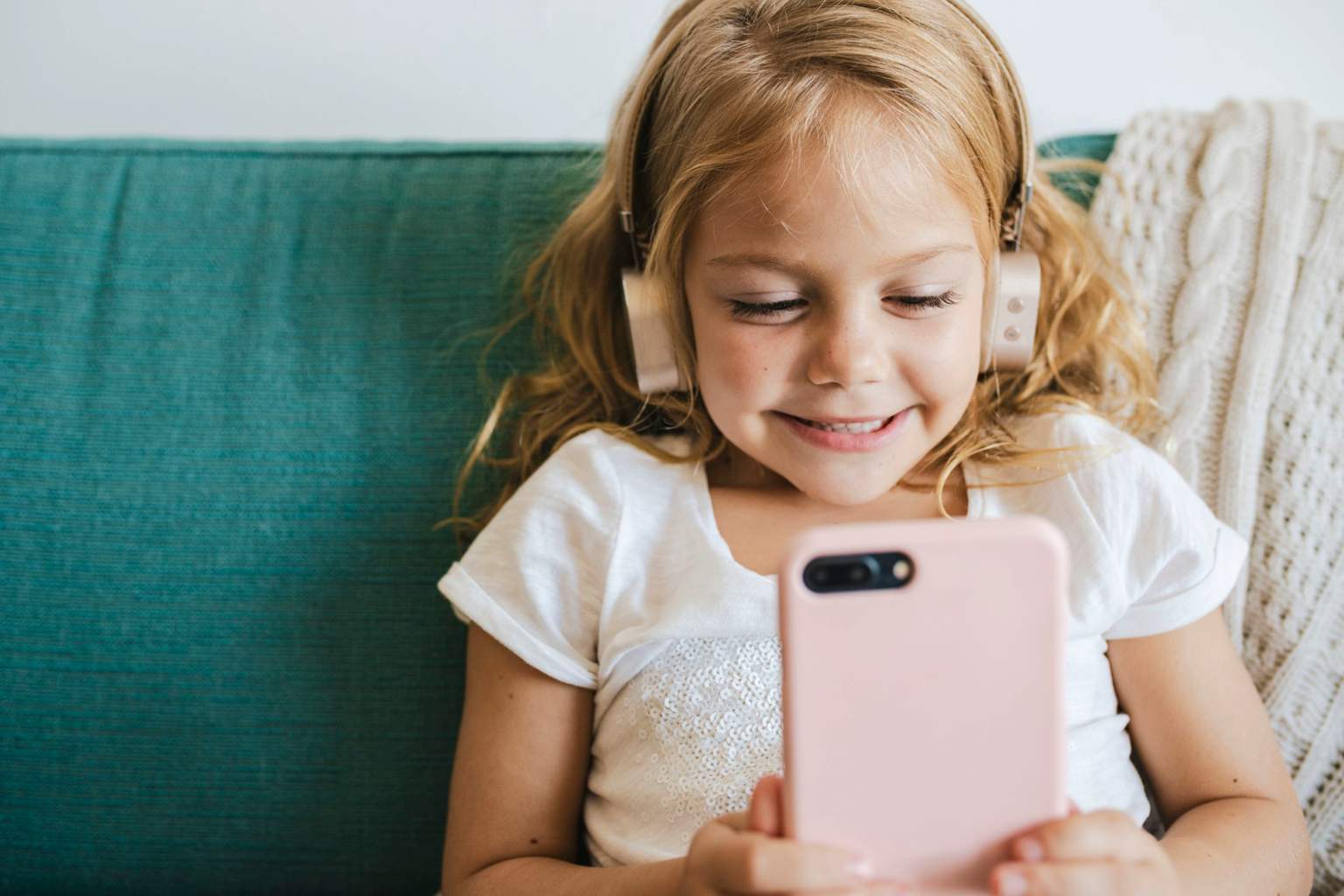When should you really hand over that first smartphone to your child? It’s a question many parents wrestle with—especially when the common answer seems to be “between 12 and 15 years old.” But what if that’s not the whole story? What if the key isn’t about age at all but something much deeper?
Recent studies show kids as young as 9 to 12 often get their first phone. Yet, as psychologist Catherine Steiner-Adair points out in her book The Big Disconnect, what truly matters is maturity—not just the number of candles on a birthday cake. She emphasizes brain development, behavior, and a sense of responsibility as the real benchmarks.
This article explores why age alone doesn’t determine smartphone readiness, how you can gauge whether your child is truly prepared, and, most importantly, how to support them in using their device responsibly. Between safety concerns, peer pressure, and family values, finding the right balance can feel like walking a tightrope.
Why age isn’t the only factor in giving kids a smartphone
Why placing bay leaves in your closets will completely change your home care routine
Think back to when you first held a smartphone. It seemed like a magical window to the world, didn’t it? Now imagine handing that magic to a 9-year-old. Is it too soon? Many experts believe so—and for good reason.
The brain‘s prefrontal cortex, responsible for impulse control and sound decision-making, doesn’t fully develop until the mid-20s. That means younger kids and teens are naturally more vulnerable to distractions, addictive apps, and social comparisons that chip away at confidence.
Steiner-Adair reminds us that giving a child a phone is like handing them a ticket to the “adult world,” with all its shadows—cyberbullying, inappropriate content, and strangers lurking behind screens. Before saying yes, ask yourself: Does your child demonstrate the maturity to navigate these risks?
And it’s not just about the child—your family’s values and lifestyle must shape any phone rules. Do you cherish screen-free dinners or outdoor family time? Those boundaries should reflect in how your child uses their phone, too.
How to prepare your child for their first smartphone
Signs that reveal a truly intelligent person beyond just smarts
Handing over a phone isn’t a one-and-done moment. It’s a journey you embark on together. The device can empower but only when guided by thoughtful parenting.
Start by discussing expectations and potential risks openly. Set clear rules: screen time limits, no phones at the dinner table, and guidelines about social media.
Take advantage of parental controls and privacy settings on the device. Show your child how to protect themselves online—spotting scams, recognizing harmful behavior, and knowing when to ask for help.
From my own parenting experience, I remember nervously giving my daughter her first phone at age 11. We agreed on a daily check-in where she shared what apps she used and who she chatted with. It wasn’t about spying—it built trust and helped us keep the conversation flowing.
Smartphones as powerful tools, not enemies
Scientists reveal the ideal daily walking distance to get fit and stay healthy
It’s easy to fall into the trap of viewing smartphones as threats. But truly, they’re powerful tools—doors to knowledge, creativity, and connection—if used wisely.
Helping your child build a healthy relationship with technology means teaching balance. Encourage breaks, real-life interactions, and critical thinking about what they see online.
Remember, technology evolves fast, but values—like respect, responsibility, and kindness—are timeless. As parents, your role is to anchor your child in those values while letting them grow with the times.
So, are you ready to take this step with your child? How do you feel about giving them a smartphone? Share your thoughts and strategies below—let’s learn from each other as we navigate childhood in the digital age.
